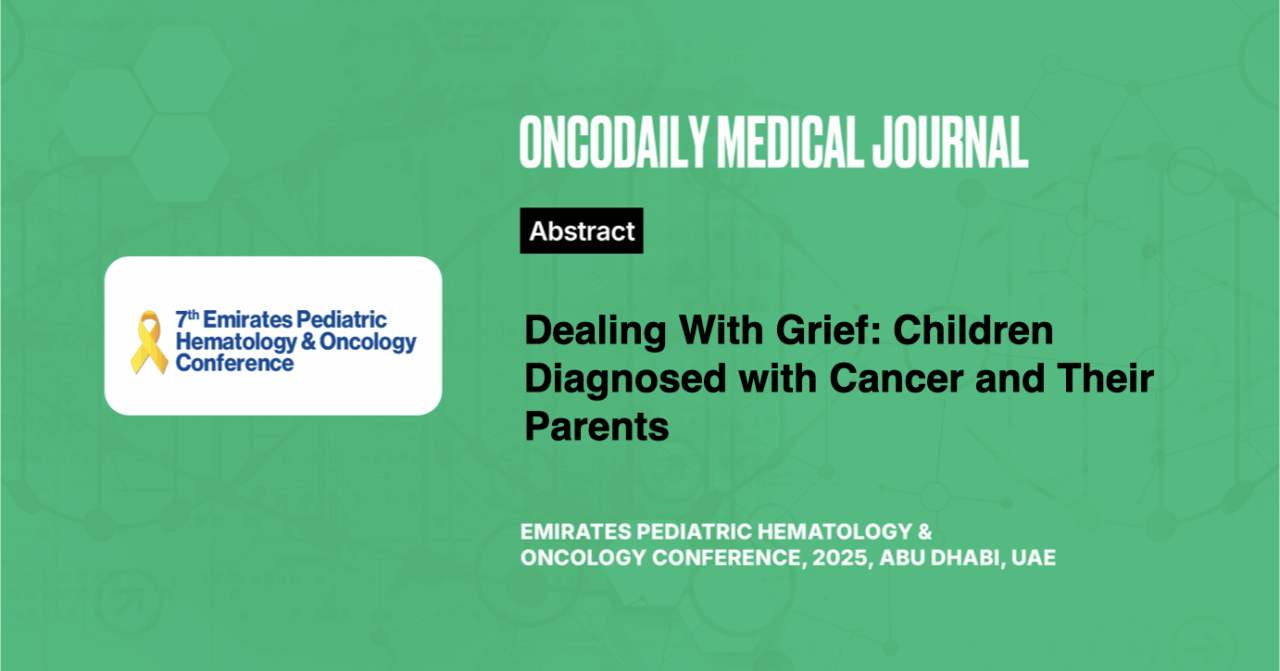Dealing With Grief: Children Diagnosed with Cancer and Their Parents
Abstract
Introduction: Patients diagnosed with cancer and their parents may grieve for many reasons, such as the loss of health and security, changes to an unknown future, and/or financial problems. They may experience different stages of grief, including denial, anger, depression, and/or guilt. This study is a means to support children and their parents, but it depends on how parents manage to cope with the diagnosis and deal with grief.
Methodology: 11 parents and 11 children aged 9-12 years who have been diagnosed with different types of cancer for at least a year and received chemotherapy and/or radiotherapy sessions for at least 3 months: interviewing parents/children to complete the WHO Well-being Questionnaire, orientation of the parents about the importance of self-awareness/self-care during the treatment journey and parents/children performed a dyad project in the form of gratitude/calm down personal jars.
Results: The results of the study showed that 14.3% of parents have good well-being, while 71.5% of children have good well-being, and 85.7 % of parents have poor well-being, while 28.5% of children have poor well-being. This showed that parents may have poor well-being, even more so compared to pediatric oncology patients. Results are summarized in 6 figures as follows: Parents Well-being Results, Children Well-being Results, Difference of well-being between parents and children, Percentage of Effectiveness of Workshop for Parents, Percentage of Effectiveness of Workshop for Children, Percentage of Parents Who requested similar types of workshops.
The results of the well-being questionnaire, which was implemented with parents and children, demonstrated that 14.3% of parents have good well-being, while 71.5% of children have good well-being, and 85.7 % of parents have poor well-being, while 28.5% of children have poor well-being. This showed that parents may have poor well-being even more than the children who are battling cancer. The results of the effectiveness of the workshop showed that 81.9% of parents commented that the workshop was effective in raising their well-being.
They commented that it encouraged them to express their emotions. 100% of parents and children requested more workshops using art to be performed more regularly. The parents commented that they will use the happiness jar to support themselves daily.
Conclusions: More recognition of the importance of supporting parents as well as children along their cancer journey. Implement similar projects to allow caregivers to cope with the difficulties during cancer treatment. Art therapy organizations should be included in cancer diagnosis and treatment centers.





